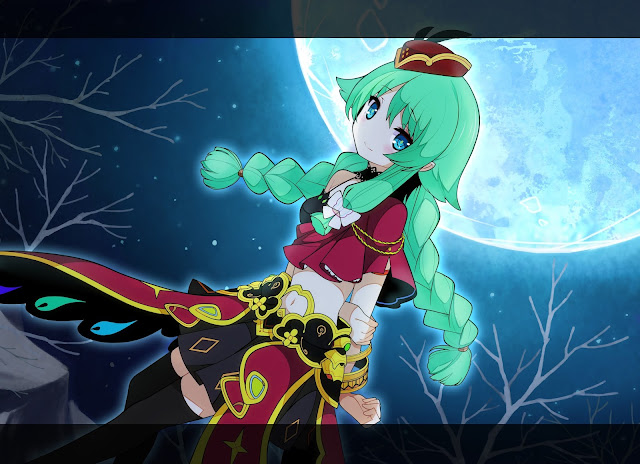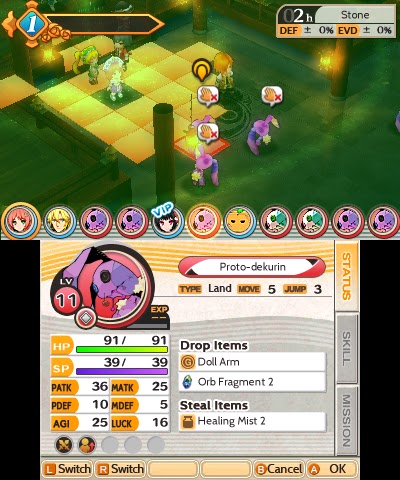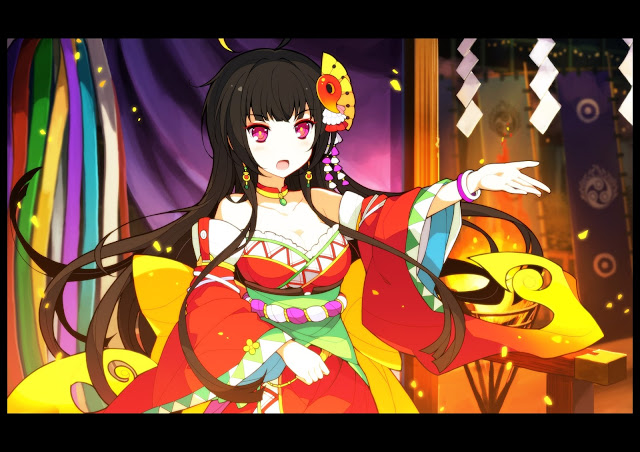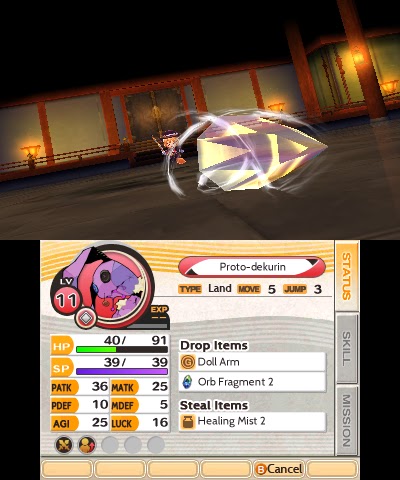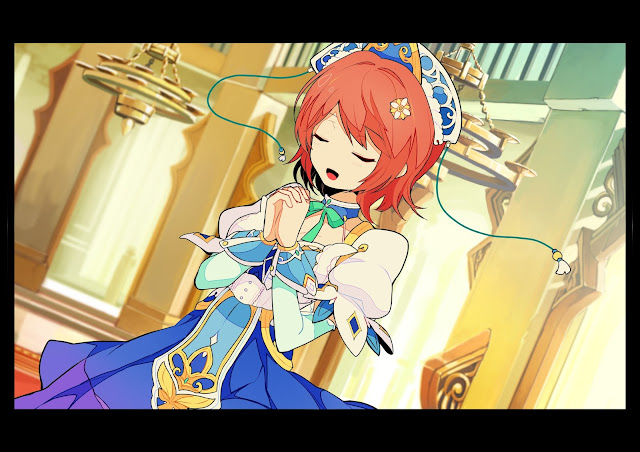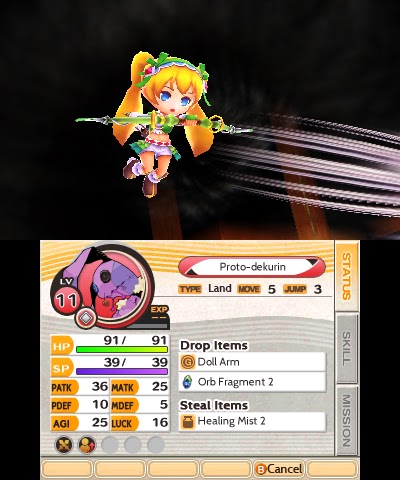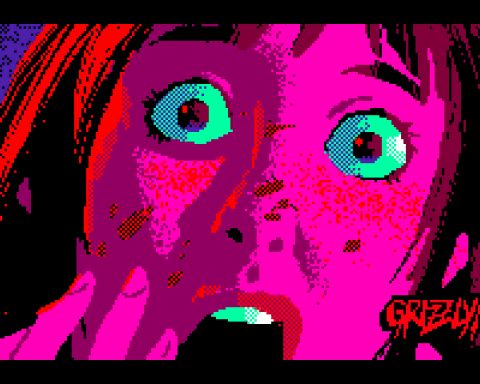Stella Glow is Imageepoch’s swan song. Heartbreaking as it is to see yet another set of capable creative minds disbanded, it’s the most apt tune the company could have composed to go out on. It’s a game that brings the company full circle; Imageepoch kicked off with the niche but stellar tactics RPG title, Luminous Arc, and its final release is an equally positioned tactics RPG. There’s a number of other obvious connections; both Luminous Arc and Stella Glow were new IPs that landed on a Nintendo portable and follow the same gameplay general formulas. One has to believe the designers at every level knew this would be their last ride because Stella Glow offers such unadulterated respect to not just tactics games but the Japanese entertainment industry at large.
Related reading: Lord of Magna was another swan song from another talented developer, and like Stella Glow, it’s great stuff.
Although it expends tremendous resources towards paying homage, echoes of the company’s inventive spirit can be heard and these elevate the game above the status of a simple tribute. Make no mistake, though; Stella Glow pays its dues before these more intricacies become apparent.
Stella Glow is influenced by traditional tactics games through and through, but Imageepoch’s distinctive contributions to the genre and glossy finish prove that it’s stellar on its own terms. It’s as if the company wrapped up its love for the industry in its masterwork and issued an open challenge to top it.
– Clark A.
Anime Editor
Are you a fan of the tactics RPG genre?
— Digitally Downloaded (@DigitallyDownld) November 16, 2015

